|
Three days of PD and so many things to follow on Twitter over the past week... Learning2 Europe, IB Conference in Singapore, Apple Education Event announcements.... I'm exhausted, but want to write this blog post while I am still on a high! Over the course of the year our staff have been speaking up and asking for different types of PD. There was a general frustration about how we were spending precious time. This week we had 3 days of PD scheduled while students are away for Spring Break before we began our own. A week or two ago, our PYP coordinator put out a Google Doc asking if anyone would like to present, as well as the types of things people would like to learn more about. Being someone who just dives in, I of course signed up to speak about student agency. Yesterday was a day full of learning from one another - it was fantastic! I struggled for a little while to wrap my head around how I was going to present my workshop. I had read @Makingoodhumans going through the same journey of leading a workshop about agency. I had the same belief of trying to get staff to really experience agency while learning about it. (Side note: I already plan to make Student-Led Conferences a similar experience for parents with their children, and was drawing off of that plan for inspiration as well). As usual, once the idea hit I couldn't stop thinking about it. I structured the PD the same way I structured my class. Choose, then act, then reflect... with a little bit of time in the beginning to speak about agency in a broad sense and give the small amount of structure that the teachers needed to know what to do. This is what the schedule for our session looked like:
The teachers had 4 very open-ended options to choose from for their "act" time. This is something I might have done near the beginning of this journey with my students. I had a document with a few link suggestions to start them off if they needed/wanted it.
Participants also had a list of musts, coulds, and shoulds, similar to what my students would have. I usually make these types of lists/agreements with my students, but again because of the "beginner" aspect of the teachers in the workshop (and lack of time) I provided them with the following checklist:
Another bit of a side note here: I had barely even started the workshop when our Tech Integrator (sitting in on the workshop) was already emailing me to pick my brain about the process because he wants to use the structure (agency) in his future PD sessions. Win number one!
They did their research for roughly 35 minutes and I made sure to have a bit of an accountability aspect in their "must" list. I also thank Taryn BondClegg again (@Makingoodhumans) for sharing her list of resources with me to share with the staff as an option for their research. We also started to curate our own list (voice and ownership)! Teachers shared with their grade levels (I had to cut them off) and then I showed them how I interpret student agency and the journey I have been on with my class. I made it very clear that I wanted them to take things away as bits of inspiration (hopefully) to adapt and use as they might see fit for their own class. If I had different students, the routines we have really might not look the same way as it does right now. I wanted to be sure that they knew I wasn't expecting them to take away exactly what I was doing and replicate it. This is also why I got them to research examples of agency before I shared my own experiences. Ideally, I would have loved to have my class there to explain our routines themselves. Being Spring Break, I settled for making and showing a video of my class routines and then I spoke a little more about workshops. This turned into a section of Q&A I really didn't expect or plan for, but could feel their need and want for it. We then did personal reflections about what they could start implementing for themselves, as well as identifying what ATLs they used during that session and that was that! Except I hope it isn't! I have had incredible feedback from them as well as "second hand compliments" from teachers who weren't even in the workshop. I have received emails of thanks, and "complaints" that people can't stop thinking. Yes!! Mission accomplished, I think! People are thinking... hopefully adapting... hopefully diving in...
2 Comments
I can tell you right now my group did not do that. Even though they had all been to this zoo before, they were all too excited to apply their new knowledge of animal adaptations to the actual real world. They rushed to see the leopard's spots, and ran to see the brown bear's first day out of hibernation. My little group of 6 boys were having a fantastic time exploring the things they wanted to see. We naturally talked about habitats, body coverings, and why so many snakes were still sleeping. The paper, pencils, and clipboards were just something to carry around. Worksheets were not touched. Should I have pushed it? My gut said no. But what if we were the only group not to do anything on paper? My gut still said no. They needed to experience the zoo.
We had lunch by the puffins before meeting our tour guide at the aquarium. I swear, our whole trip could have been in this tiny aquarium. We would have been able to stand there in awe, admiring all of the colourful adaptations and odd shapes for an hour or more. The tour guide was amazing, but the kids just wanted to be kids. I will fully admit that even I was distracted by the fish while she was talking. A moray eel made an appearance and was highly distracting for me! This happened again at the monkeys, and again in a jungle room we sat in where a mouse-deer appeared out of nowhere (one of the weirdest things I have ever seen)! I definitely also saw other students lose interest at various different points. Was it worth having a guided tour where students were forced to stand in one spot and listen to someone talk about something they may or may not be interested in?
When on a trip, can the students not just enjoy?
Could we maybe just make them aware that they will do some sort of reflection of their choice afterwards to make them accountable and to think about their learning? Could they document the trip and their reflection in any way they want? Could the students let us know where they want to go and what they want to do there (and why they are there)? On that note, with some misconnections on public transport some students were actively looking at maps and timetables. Could they plan our route? Our day? We are already toying with the idea of giving the planning duties over to them for our next trip. Do we underestimate what 9 year olds are actually capable of? Re-posted (with a couple of edits) on https://ibeducatorvoices.wordpress.com on April 5, 2018. 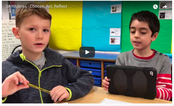
Let's face it. No matter how much we want to observe other classrooms in our school to share and collaborate on ideas and "best" practices... we don't always have time.
This week I have done two things to try to break those barriers a little bit. Next week we have some in-house PD which I have signed up to share a little about student agency and the routines in my classroom. 1. I have made a feedback #ObserveMe form on Google Forms. There are only 4 basic questions, two of which are linked to my appraisal goals discussed with the senior leadership team (student agency and conceptual thinking). This was not something expected of me, but I am looking for ways to grow. I have only sent it to a few people so far, who often pop into my classroom, but look to at least share the idea at the PD session in case anyone else is wanting to come see what happens in my room.
2. My class made a video about our daily/weekly routines with "Choose, Act, Reflect."
I also plan to share this next week with the teachers here, but thankfully before making it I thought to seek permission from the parents to see if they would allow me to use videos/photos of their child's faces, voices, and work on social media. 7/12 agreed (lots had reasons to do with diplomat parents), so those are the students which are featured in the video. Please leave comments for us on ways we can improve or (hopefully) ideas it has inspired you to try in your own classroom.
In my last blog post I wrote about all of the iterations it has taken me to get my class where they are. Today another grade 3 teacher came in to observe, and we briefly discussed how jumping straight to the timetable we are currently on probably wouldn't work. I think that as the teachers go through this growing process, so do the students. Scaffolding this slow release of control can be messy, but the payoff is amazing.
I started today wanting to get more out of our reflection time. Not only more time for students reflecting but also thinking forward, and preparing our room for the next day so our environment will be ready for us. I also knew that they were ready to take on more responsibility for owning their room. Setting up for the future, and tidying up the past.
I began to make a checklist of things we could do during Reflect Time each day. As I thought more about this, I began to realise that each chunk of our day has certain things we need to remember and be thinking about. I brought the idea to my students and we created a sort of set of reminders for each chunk of our day. Again, iterations will happen. Already after day 1 we have thought of things to add!
Next steps for us: more collaboration. At the moment I feel like the students are choosing a lot of independent activities. To be honest, at first was ideal for me as we were wrapping our heads around all of the activities. However, was it ideal for the students? Maybe. In the way of settling in to this new routine. Now that these structures are in place I can focus on ways to encourage more collaboration.
|
Cindy KaardalPassionate Educator and Innovation Coach. Archives
July 2024
Categories
All
|
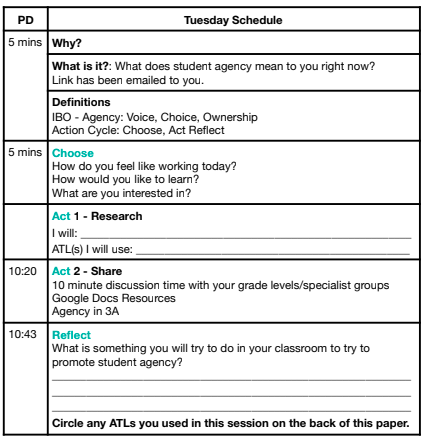
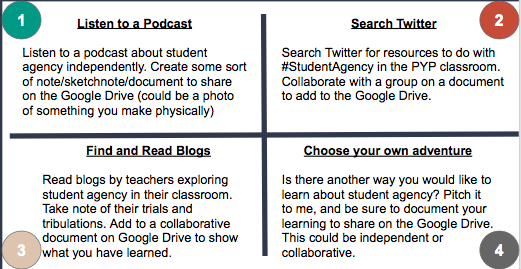
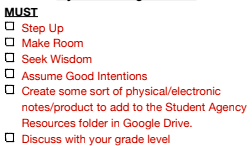
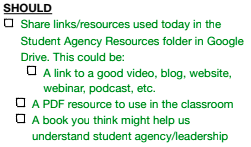

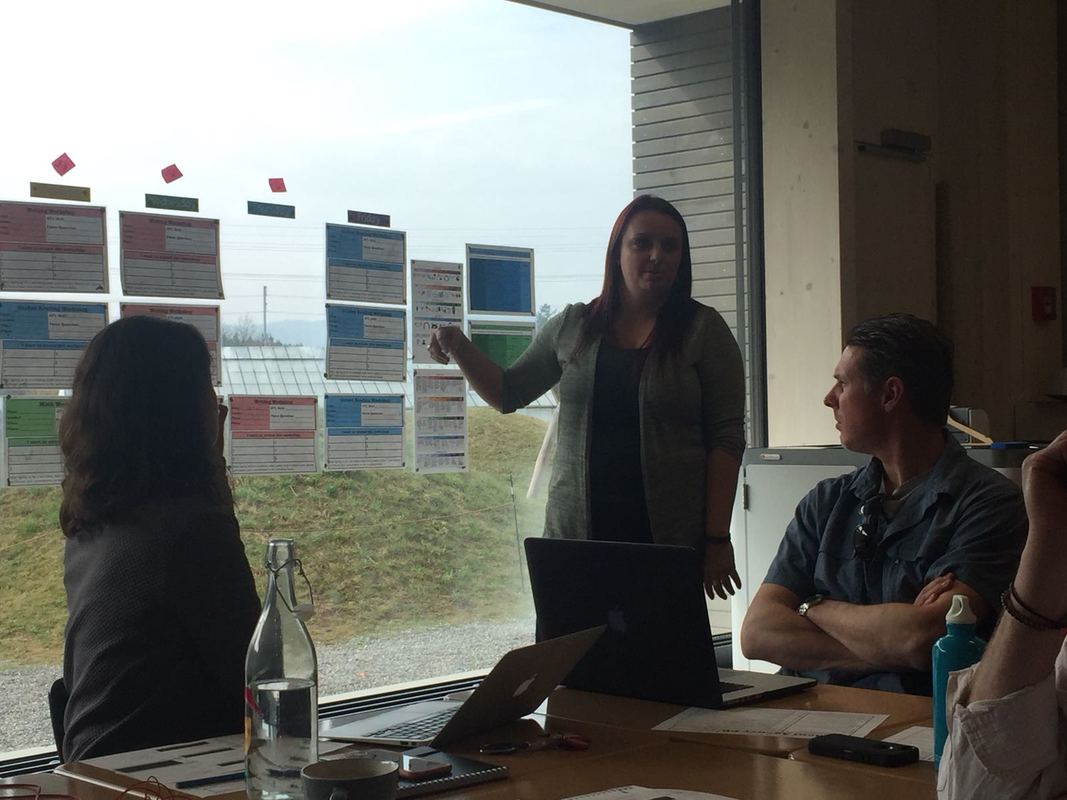
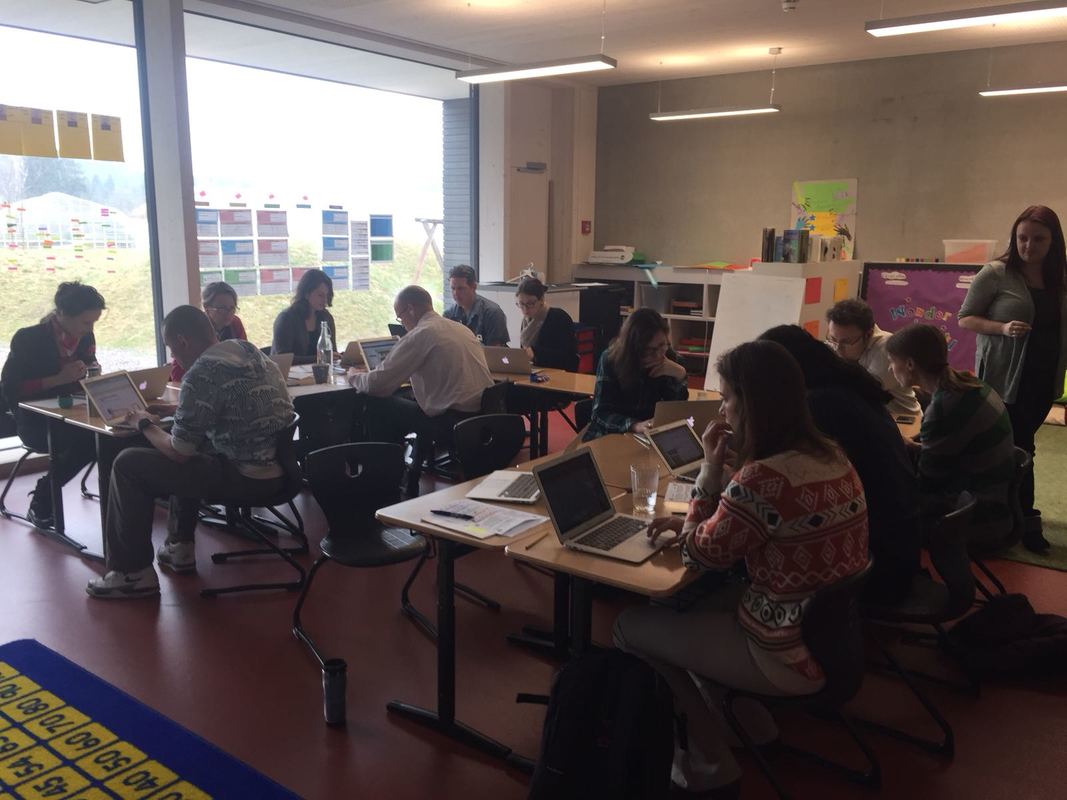
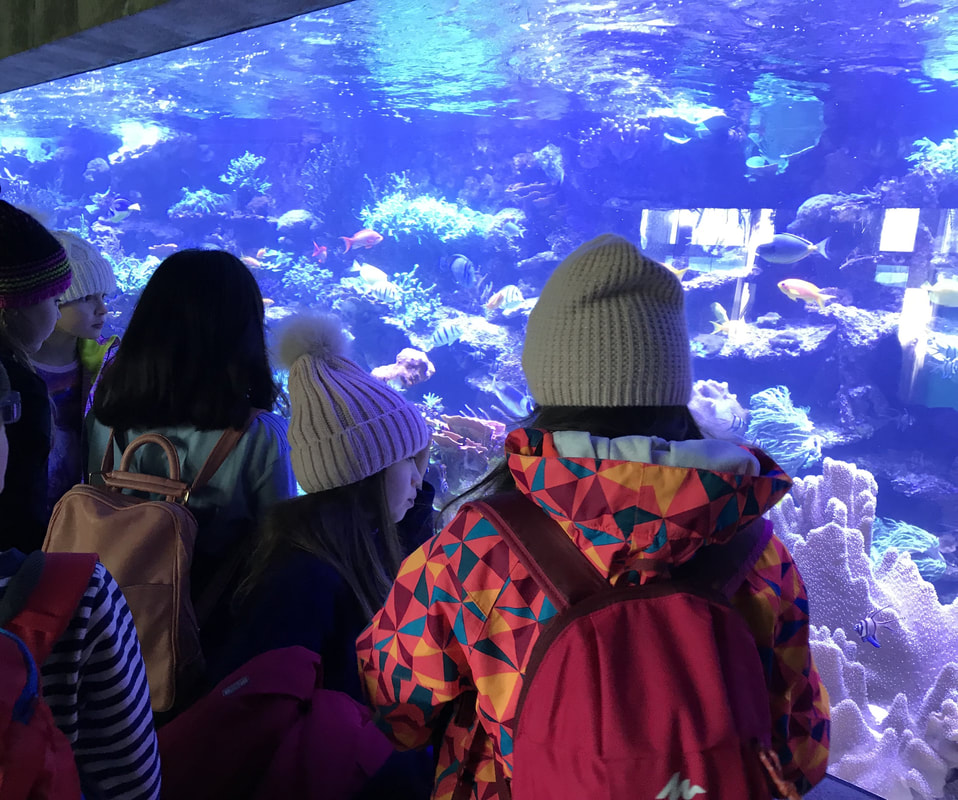
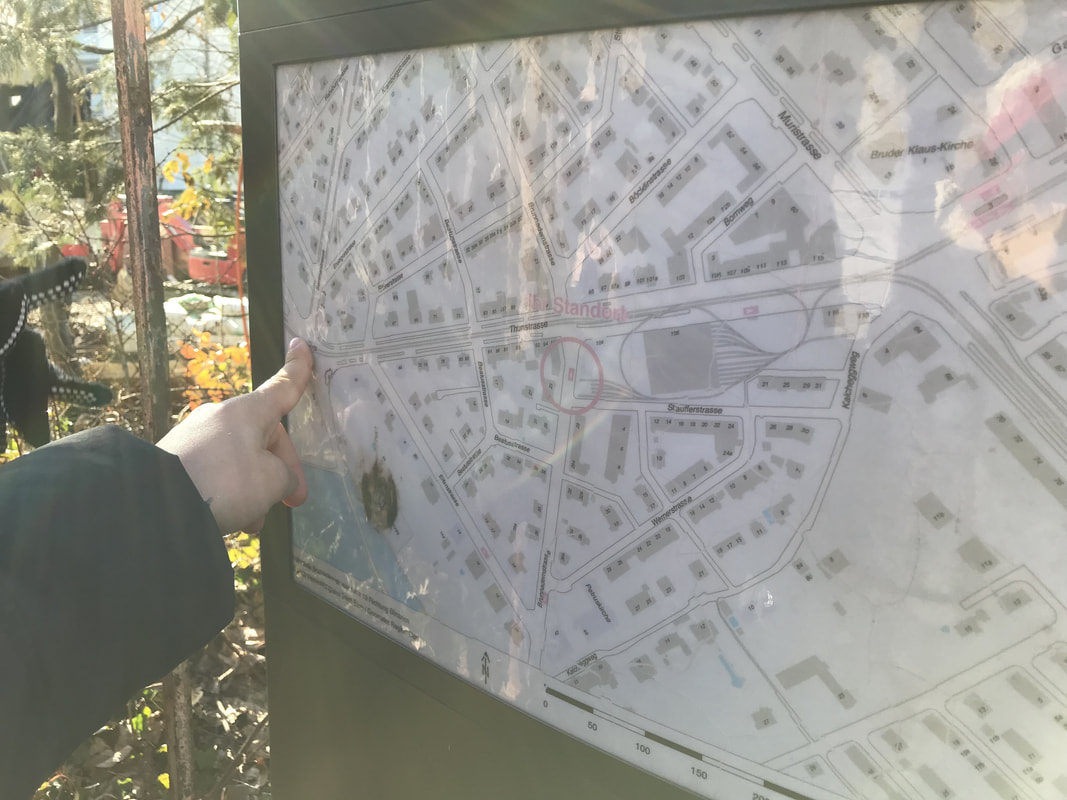
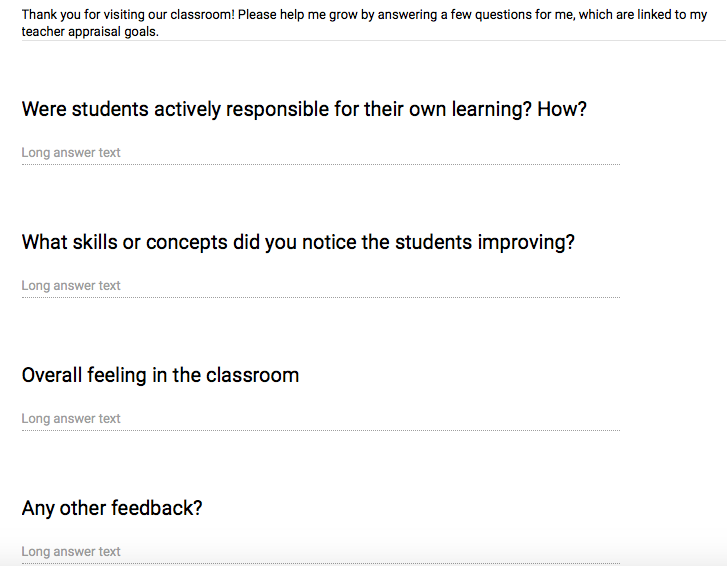
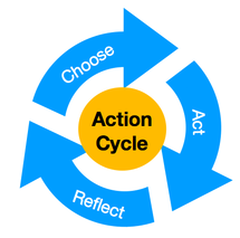
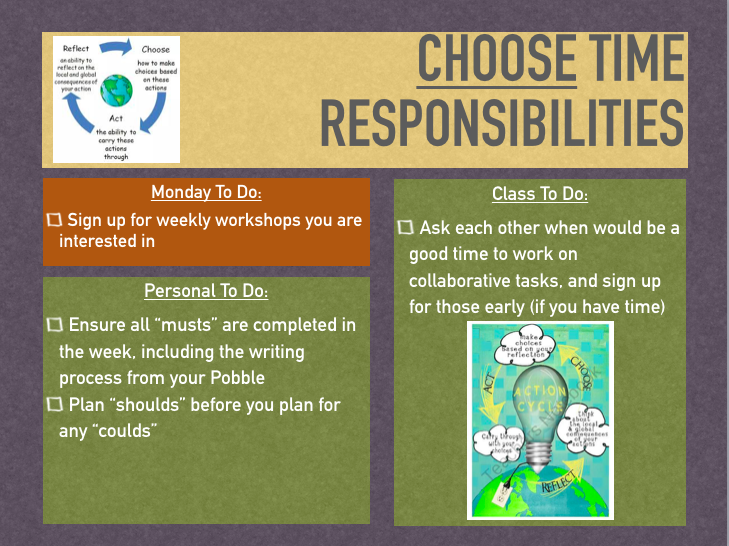
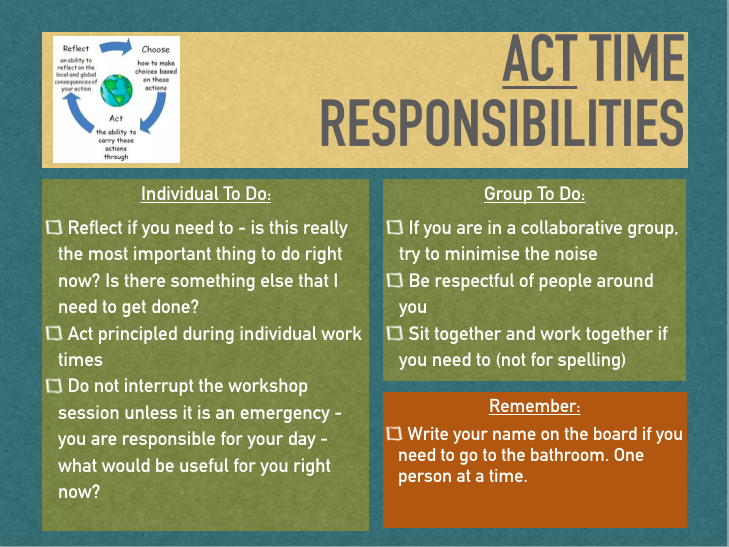
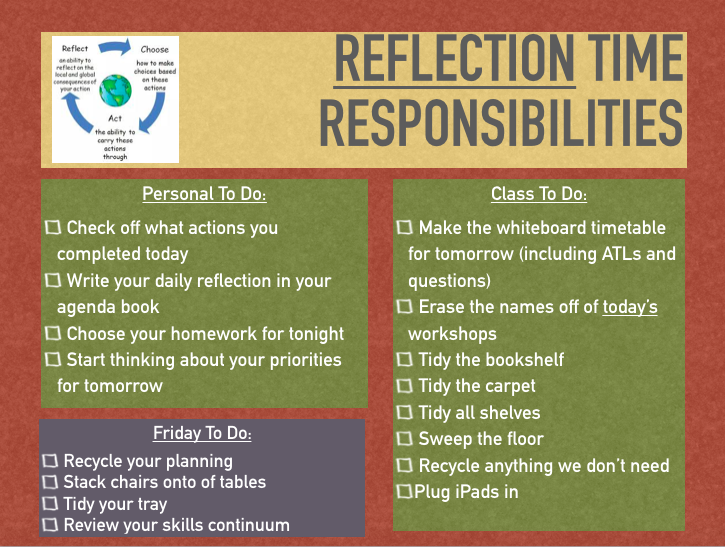
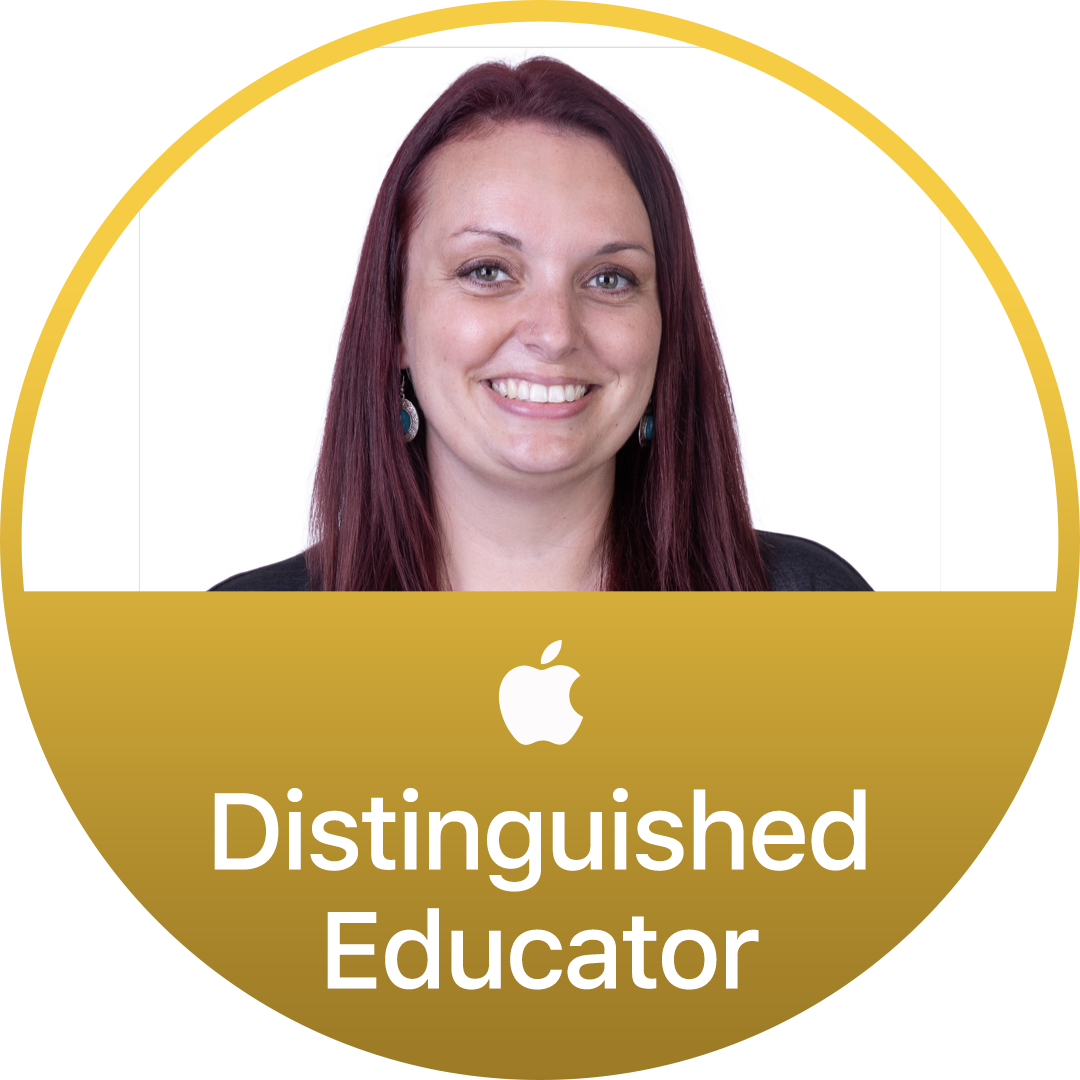


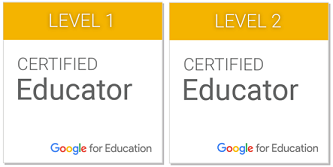
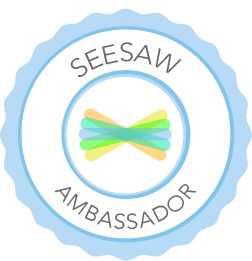
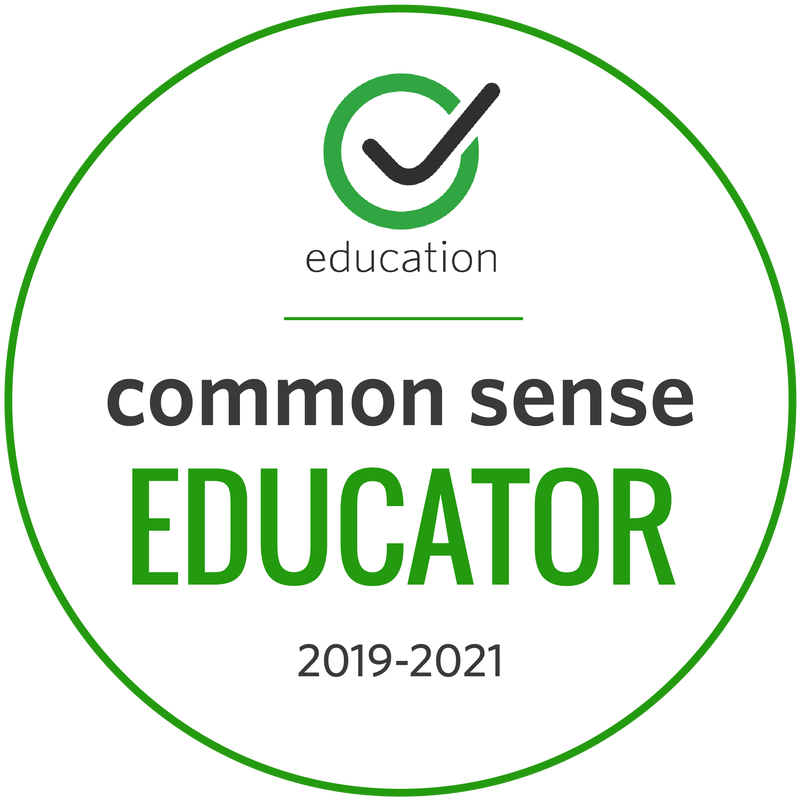
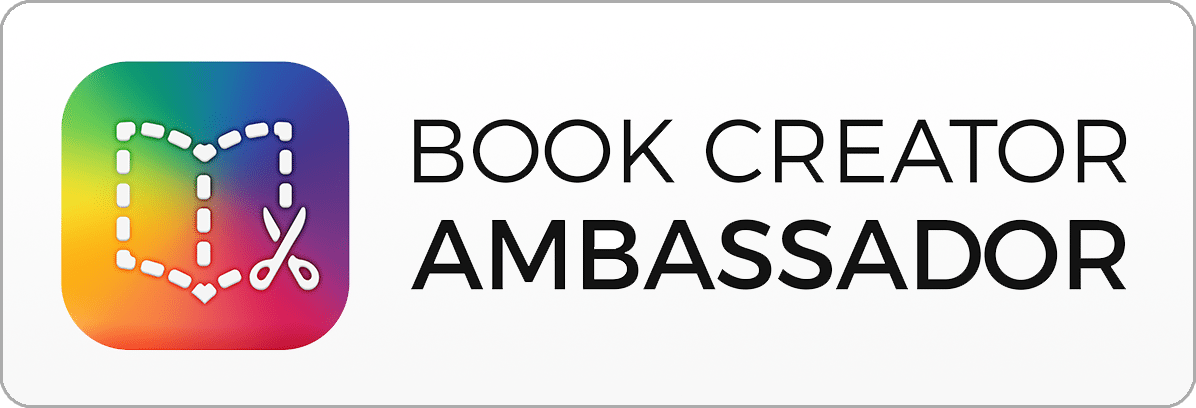

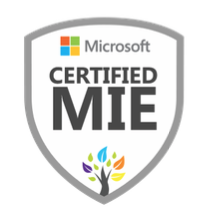
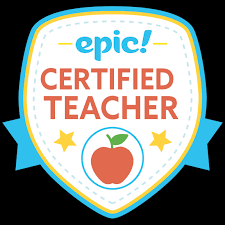

 RSS Feed
RSS Feed